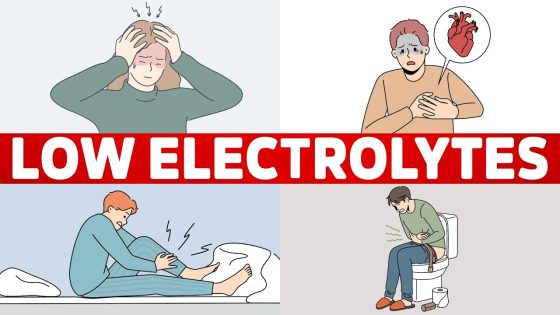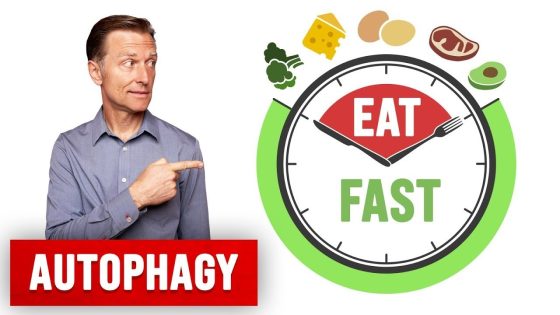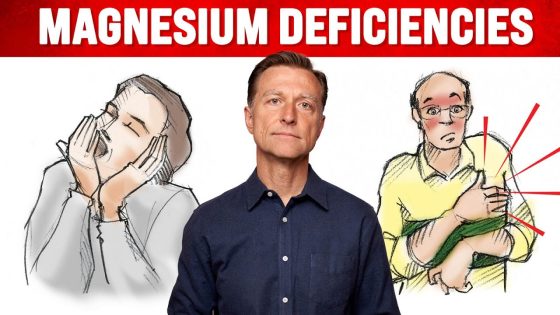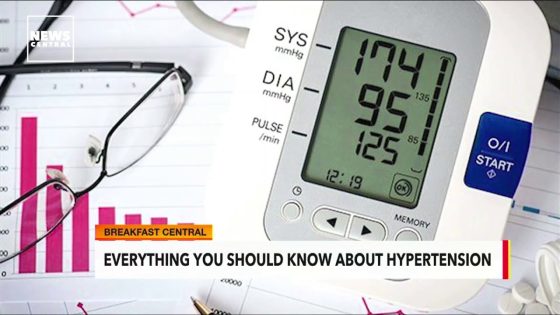Here’s how you can reduce gas fast!
DATA:
00 Introduction: How to STOP Flatulence (Farting): THIS REALLY WORKS!
2:33 What causes flatulence?
4:39 How to restore stomach acidity
7:32 Food intolerance
8:31 Avoid these gas-producing foods
10:05 Avoid sugar alcohols
11:20 Avoid chewing gum
11:41 Avoid carbonation
In this video, we’re going to talk about how to stop flatulence.
The average person passes gas between 5 and 15 times per day with no odor. If you have a poor diet, you might experience more flatulence each day.
What causes flatulence? Check out these six causes and remedies for gas.
#1 Low stomach acidity
Flatulence is hydrogen and methane gas created by microbes in the process of carbohydrate and fiber fermentation.
This process is supposed to occur in your large intestine. When it occurs in your small intestine, this is related to SIBO (small intestinal bacterial overgrowth). SIBO can cause many other digestive issues.
Your stomach pH should be between 1 and 3—this is highly acidic. Without high stomach acidity, your digestive process is put under stress, causing many digestive issues.
The best remedies for low stomach acidity:
• Betaine hydrochloride
• Apple cider vinegar
Ginger can also help soothe the stomach.
#2 Food intolerance
Another cause of gas is food intolerance. Lactose intolerance is a common problem that happens when your body lacks the enzymes that break down lactose. In turn, this causes excess gas. You can avoid lactose or take enzymes that help break down lactose.
Gluten intolerance is also common—if you’re on Healthy Keto, you don’t have to worry about gluten or grains.
Probiotics can help fortify your microbes and potentially increase enzyme production.
#3 Gas-producing foods
Avoid these common gas-producing foods:
• Fruit
• Beans
• Legumes
• Starches (like potatoes and rice)
• Sugar
• Certain cruciferous vegetables (Brussels sprouts, broccoli, cabbage)
• Onions
Instead, consume more:
• Lettuce
• Tomato
• Zucchini
• Olives
• Avocado
#4 Sugar alcohols and fiber
Keto-friendly low-calorie sweeteners, sugar alcohols, and fiber can cause digestive discomfort when consumed in excess. If you begin to experience gas, reduce your intake of these keto treats.
#5 Chewing gum
Chewing gum and chewing with your mouth open can cause you to swallow excess air. Avoid chewing with your mouth open.
#6 Carbonation
Soda and other carbonated drinks can increase gas in your system.
Dr. Eric Berg DC Bio:
Dr. Berg, age 57, is a chiropractor who specializes in Healthy Ketosis & Intermittent Fasting. He is the author of the best-selling book The Healthy Keto Plan, and is the Director of Dr. Berg Nutritionals. He no longer practices, but focuses on health education through social media.
Facebook: https://bit.ly/FB-DrBerg
Instagram: https://bit.ly/IG-DrBerg
Anchor: https://bit.ly/Anchor-DrBerg
TikTok: https://bit.ly/TikTok-DrBerg
Disclaimer:
Dr. Eric Berg received his Doctor of Chiropractic degree from Palmer College of Chiropractic in 1988. His use of “doctor” or “Dr.” in relation to himself solely refers to that degree. Dr. Berg is a licensed chiropractor in Virginia, California, and Louisiana, but he no longer practices chiropractic in any state and does not see patients so he can focus on educating people as a full time activity, yet he maintains an active license. This video is for general informational purposes only. It should not be used to self-diagnose and it is not a substitute for a medical exam, cure, treatment, diagnosis, and prescription or recommendation. It does not create a doctor-patient relationship between Dr. Berg and you. You should not make any change in your health regimen or diet before first consulting a physician and obtaining a medical exam, diagnosis, and recommendation. Always seek the advice of a physician or other qualified health provider with any questions you may have regarding a medical condition.
Thanks for watching. I hope this helped explain how to stop flatulence. I’ll see you in the next video.















Butymc
8 months agoatorvastatin canada atorvastatin 80mg generic buy atorvastatin 10mg without prescription
Uvflly
8 months agolipitor 40mg without prescription buy atorvastatin 20mg atorvastatin 20mg tablet
Bwzfkl
8 months agociprofloxacin online – order ciprofloxacin for sale purchase augmentin for sale
Vexeoz
8 months agobuy baycip sale – order cipro 500mg generic cheap amoxiclav
Wufkyo
7 months agopurchase flagyl online cheap – buy zithromax 250mg online azithromycin over the counter
Ceyiub
7 months agobuy ciplox generic – chloramphenicol cost erythromycin oral
Vemvhq
7 months agovalacyclovir 500mg us – purchase diltiazem acyclovir without prescription
Nwpxdt
7 months agoivermectin 3 mg – brand ciprofloxacin purchase sumycin online
Yepkjz
7 months agoorder metronidazole 400mg – amoxicillin medication buy generic zithromax 250mg
Kvslui
7 months agoampicillin order online amoxil order oral amoxicillin
Yslfyn
7 months agoorder lasix – prazosin 1mg us buy captopril pills
Be the first to comment